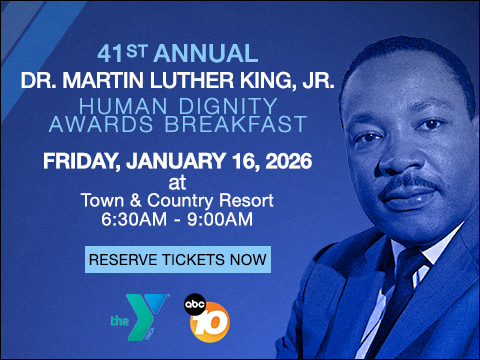SAN DIEGO (KGTV) - Friends of SDSU, the group vying to get the "SDSU West" initiative on the November 2018 ballot, announced Friday more than 100,000 signatures have been collected supporting the plan.
Only 71,646 signature are required to qualify the proposal for the SDCCU Stadium site to go before San Diego voters in November 2018.
RELATED: San Diego State University reveals look at campus expansion on stadium site
It's now up to the San Diego County Registrar of Voters to verify the signatures. If approved, city council leaders will have the option of outright approving the plan or sending it to the ballot in 2018.
"With overwhelming support for SDSU and the positive impacts the University provides to our community, San Diegans clearly support SDSU West to ensure the Mission Valley stadium site is used to benefit the public, provide a place for SDSU to grow and thrive, and guarantee a permanent, public River Park and open space," Kim Kilkenny, Friends of SDSU steering committee member, said.
RELATED: San Diego City Council votes to put SoccerCity project on 2018 general election ballot
If sent before San Diego voters, the plan will be on the ballot alongside a competing plan to bring Major League Soccer to the same site via the "SoccerCity" measure.
The SDSU West initiative proposes that the city sell the Mission Valley stadium site to SDSU at fair market value. If approved, the university would then be required to draft a plan for the site.
Recently, SDSU released their vision for what that project could look like. The school envisioned:
- 1.6 million square feet of classroom and research buildings,
- a river park and open space,
- 4,500 housing units,
- retail shops,
- a pair of hotels and a multi-use, and
- a 35,000-seat stadium for college football and other sports.
SDSU touted the project would be mostly funded by public-private partnerships, and wouldn't rely on taxpayer financing. An exception, however, would be the stadium, which would be funded by bonds paid back through future revenue.
By comparison, the SoccerCity initiative also promises a redesign of the site complete with a stadium; retail and housing units; and rehabilitation of the river park. That plan also promises not to rely on taxpayer funds.



